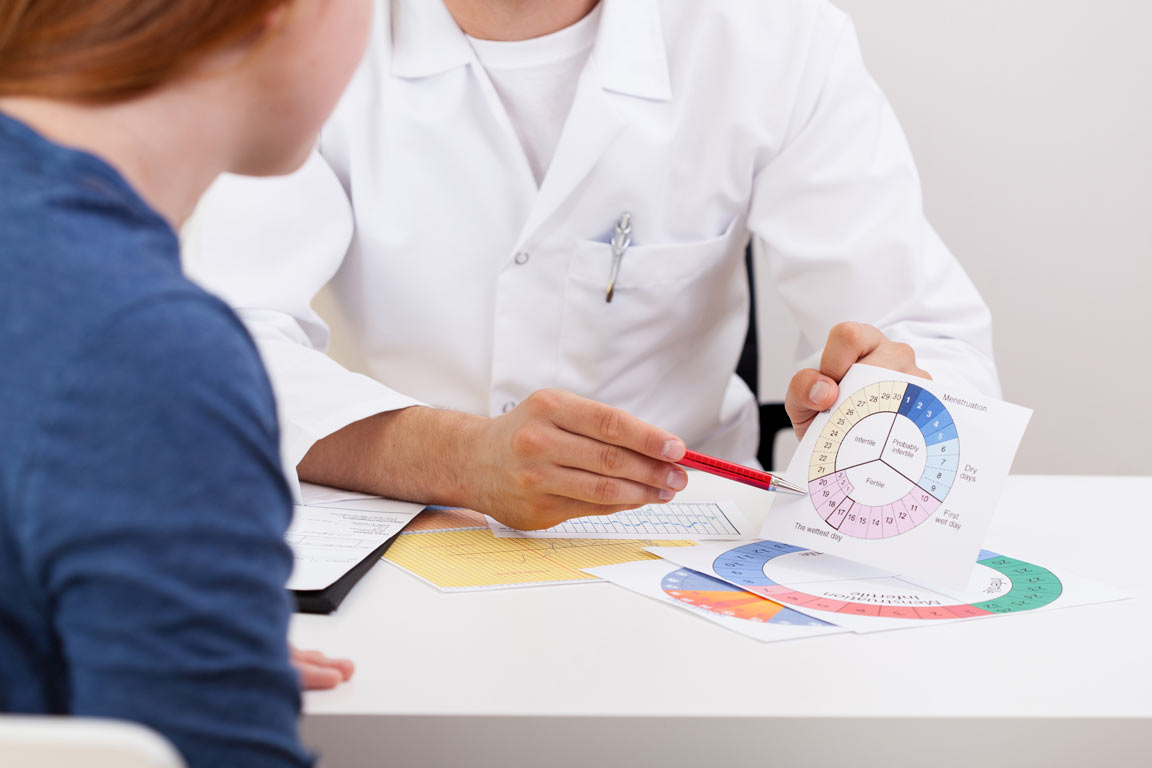
Herbal Birth Control & Fertility Protection with Turmeric
Can an herb provide natural birth control and help prevent infertility in women? Studies suggest turmeric and its compounds may do both.
Natural Contraception
Turmeric is traditionally used as a contraceptive tool to prevent pregnancy. For example, some Indian tribes recommend taking ground turmeric once a day on an empty stomach for 2 weeks, starting on the 5th day after menstruation starts. According to traditional medicine practitioners, this method of monthly birth control can be safely used for a year. (x.68)
Modern research on turmeric and its curcumin compounds show the following:
| Turmeric Compound/Form & Dose | Method of Delivery | Effect | Take Away Point |
|---|---|---|---|
|
Petroleum-ether, alcohol, and water extracts of turmeric; 100 mg/kg of body weight |
Injection |
Induced abortion in 1-7 days. (x.69) In rats, mice, and rabbits injected doses were effective in 90% of animals. (x.69) Although turmeric injections were effective, oral doses were not. (x.69-70) |
Turmeric injection (but not when taken orally) may be an abortificant. |
|
Curcumin-containing cream |
Topical (intravaginal application) |
Reduced pregnancy by 62.2-73.8%. (x.10) No effect on fertility of the eggs. (x.10) Significantly impaired sperm motility in an animal study. (x.10) When tested on human sperm, curcumin completely immobilized sperm within 60 minutes. (x.70) |
Curcumin could be a useful ingredient in topical spermicidal products. |
The animal studies suggest that turmeric's effect is caused by blocking the hormone progesterone and by stimulating contractions. Of note, the turmeric extracts did not cause any fetal abnormalities. (x.69)
Counteracting Infertility
Female infertility alone accounts for 40-50% of couples experiencing difficulty attaining pregnancy. Between 20-30% of cases are due to combined fertility problems with both the man and woman, and another 15% are due to unknown causes. (x.71)
Polycystic ovarian syndrome (PCOS) and endometriosis are two of the main causes of female infertility. PCOS is a hormonal disorder characterized by higher-than-normal androgen hormone levels. It's often accompanied by metabolic conditions (such as obesity, insulin resistance, and diabetes). Women with PCOS often have irregular ovulation and menstrual periods or none at all. (x.60, 71)
In severe cases of endometriosis the barrier to pregnancy is typically mechanical. The excess endometrial tissue and scarring interferes with fertilization and implantation of the egg. However, even in mild cases where excess tissue isn't a physical barrier, women with the condition have a much harder time getting pregnant. So what's the cause? (x.60)
How do medical professionals determine infertility? In the U.S., infertility is diagnosed if pregnancy doesn't occur in 12 months or more of unprotected sex. (x.71)
Hostile Environment to Pregnancy
Evidence suggests oxidative stress may be the culprit. Oxidative stress occurs when chronic inflammation generates lots of free radicals. These high levels overwhelm the body's antioxidant ability to neutralize free radicals, leading to cell damage. Signs of oxidative stress are reported in women with both endometriosis and PCOS. (x.60, 71)
Research shows oxidative stress creates an environment hostile to pregnancy. In women with endometriosis, the following anti-fertility effects are thought to be caused by this environment: (x.60)
- Impaired ovulation.
- DNA damage to sperm, eggs, and embryos.
- Weakened ability of sperm to bind to and fertilize eggs.
- Poor implantation of fertilized eggs (especially in advanced endometriosis).
How Can Turmeric Help?
Turmeric and its compounds have powerful anti-inflammatory effects and can help normalize hormone levels. Both of these activities may improve fertility. (x.4, 20, 22, 31-32, 46, 59-60)
Experts in reproductive medicine suggest that natural compounds found in turmeric may also help prevent the natural infertility that occurs with aging. For example, curcumin metabolites and resveratrol both have anti-aging effects that could protect a woman's eggs. Over time, unquenched free radicals damage chromosomes and mitochondria of eggs, making them less fertile. (x.49, 72)
Clinical studies indicate that antioxidants can also help improve fertility in women with endometriosis. In one pilot study, 5 months of antioxidant treatment resulted in a third of participants getting pregnant (compared to none in the placebo group). (x.60)
The supplement used contains multiple antioxidant vitamins, minerals, and herbs. Although it didn't include turmeric, it does have some of the antioxidant compounds found in turmeric, including: (x.73)
Overcoming Toxic Causes of Infertility
Exposure to industrial and agricultural chemicals as well as certain drugs may affect fertility levels, directly and indirectly: (x.9, 21, 74-76)
| Chemical | Anti-Fertility Effect |
|---|---|
|
Hormones in food (milk and meat) |
May cause hormonal imbalances. |
|
Pesticides (such as methoxychlor and endosulfan) |
|
|
Chromium (VI) (occupational exposure or environmental contaminant) |
|
|
Treatment drugs (such as cimetidine, cyclosporine) |
May affect estrogen metabolism and cause hormonal imbalances. |
|
Chemotherapy (such as methotrexate) |
Can damage reproductive organs. |
Research suggests that turmeric and its curcumin compounds may be able to reduce the risk of infertility from these chemical compounds. For example:
| Turmeric Form/Compound | Chemical | Type of Study | Protective Effect |
|---|---|---|---|
|
Curcumin |
Methotrexate |
Fruit fly |
Protected ovaries from damage. (x.75) |
|
Turmeric Oil |
Chromium (VI) |
Rat |
|
|
Turmeric Extract |
Endosulfan |
Mice |
IVF Caution
Animal studies carried out across 2 generations resulted in no loss of fertility in rats given dietary curcumin. However, a recently published study in mice suggests that dietary curcumin may be harmful to fetuses in early pregnancy after in-vitro fertilization. (x.77-78)
In the study, mice were fed a regular diet along with water containing various concentrations of curcumin (or plain water for the control group). After 4 days the mice were implanted with embryos. The group given the highest dose of curcumin showed significantly lower rates of successful implantation and fetal growth. (x.78)
Join the 1000s of People Who Are Discovering the Benefits of Turmeric.

Healthceuticals® Turmeric Curcumin Complex
100% Certified
Organic ingredients
- Organic Turmeric Extract - standardized to 95% curcuminoids.
- Organic Whole Turmeric - provides full spectrum antioxidant, anti-inflammatory turmeric benefits, including turmerones and numerous vitamins, minerals, and phytonutrients
- Organic Black Pepper Extract - standardized to 95% piperine; dramatically enhances bioavailablity.
- Organic Phospholipids - markedly improve absorption.
- Organic Ginger - works synergistically with turmeric to provide more powerful benefits.
- Absolutely FREE of potentially harmful additives and fillers such as magnesium stearate.




